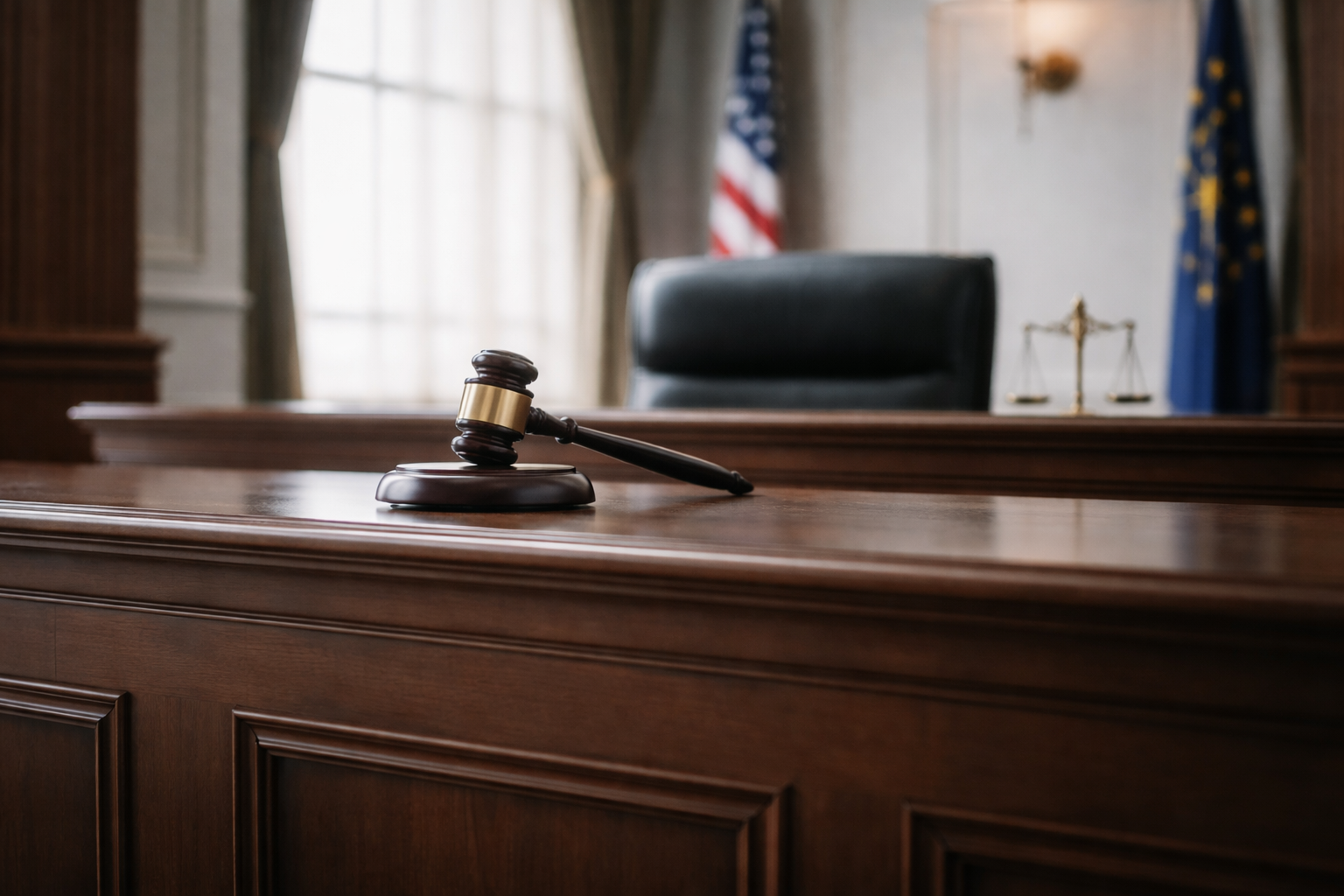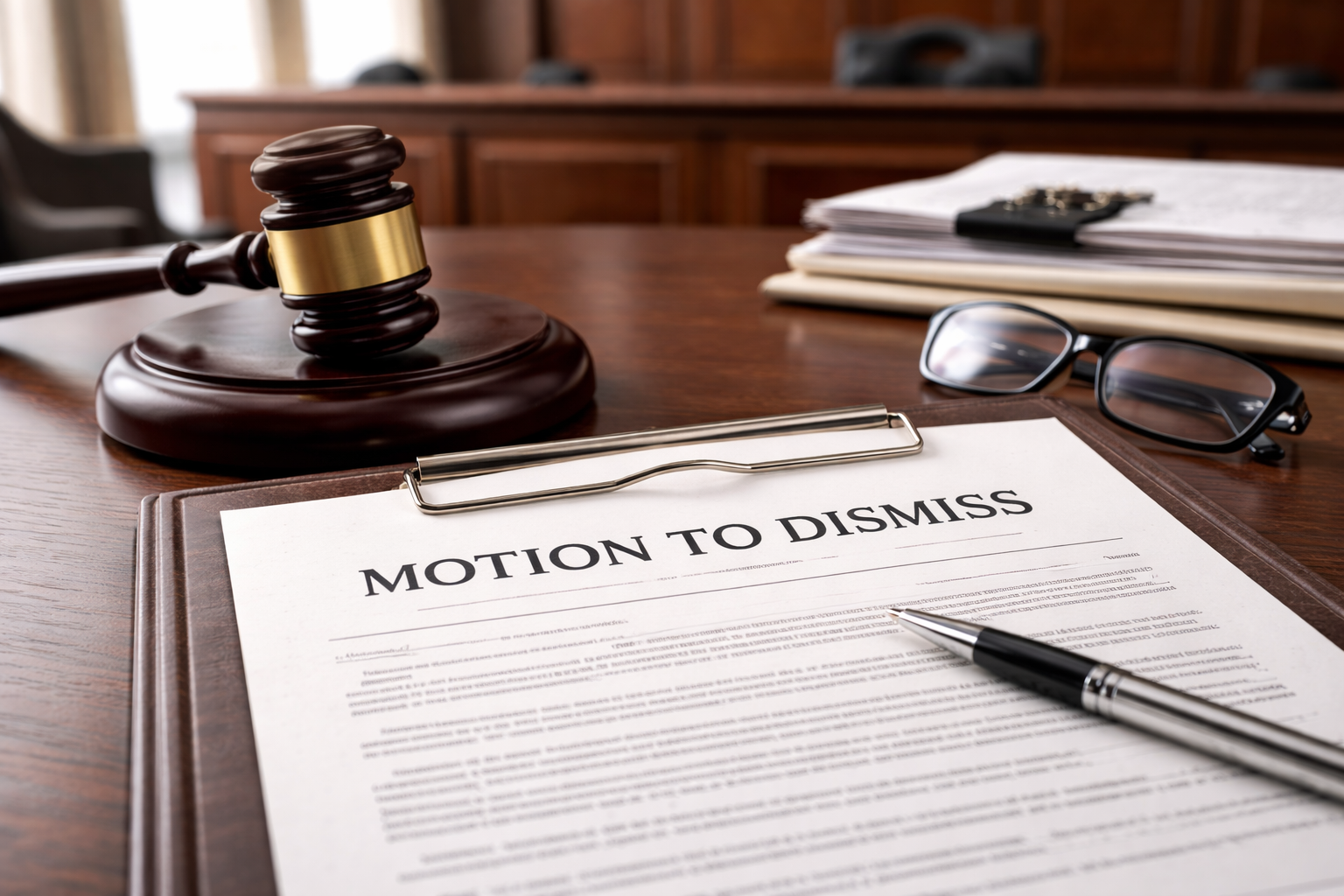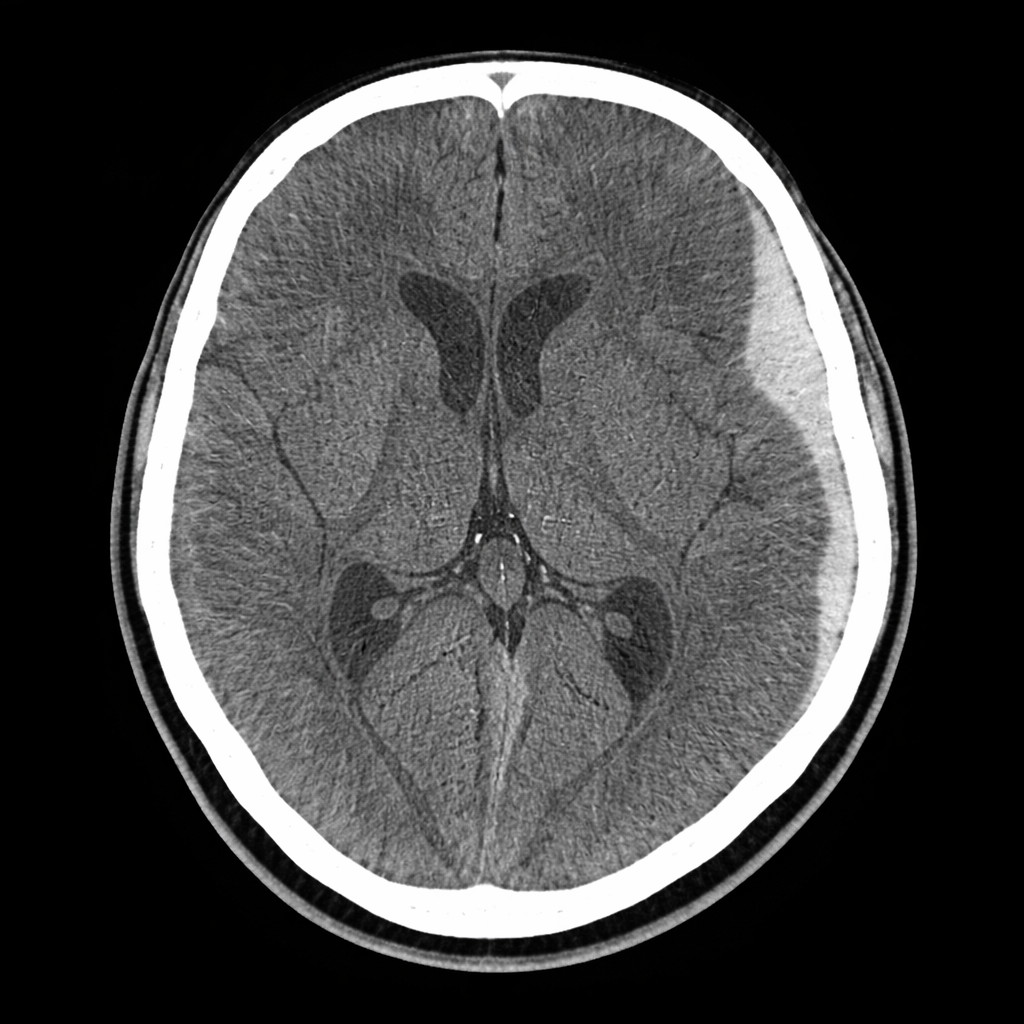DCS Removed My Kids After a Domestic Violence Report—What Are My Rights?
If you’re a parent who’s just experienced domestic violence and now find yourself under investigation by the Indiana Department of Child Services (DCS), you may be shocked when things take a turn: instead of helping you, DCS removes your children.
This happens more often than you think—and it’s not just unfair, it can be deeply traumatic to both you and your children.
In this article, we’ll explain why DCS often removes children from victims of domestic violence, how they justify it by adding claims of drug or alcohol use, and what you can do to fight back and protect your family.
The Pattern: Domestic Violence Call Turns Into a Full Investigation
A common fact pattern goes like this:
You call the police (or they are called) during a domestic violence incident.
DCS shows up shortly after to "check on the children."
They ask questions about the incident—but then start looking for more: alcohol, drugs, medication bottles, housing instability, mental health issues.
Within days or even hours, they attempt remove your children, sometimes under the argument that you “failed to protect” your kids from exposure to violence.
You go from being a victim to being treated like an unfit parent. And often, they don’t even go after the abuser—they come after you.
Why DCS Targets Victims
DCS often cites exposure to domestic violence as a basis for CHINS (Child in Need of Services) removal. But the law doesn’t support removing children from non-offending parents without real evidence that the parent cannot safely care for the children.
The New York Court of Appeals said it clearly in Nicholson v. Scoppetta:
"Exposure of a child to violence is not presumptively ground for removal, and in many instances removal may do more harm to the child than good."
(Nicholson v. Scoppetta, 3 N.Y.3d 357, 374 (2004))
This reinforces the principle that removal should never be automatic, especially when the parent is a victim seeking protection.
Indiana law reflects similar principles, prioritizing minimal intervention. Under Indiana Code § 31-34-2-3, emergency removal without a court order is allowed only when a child faces imminent danger and no less intrusive alternatives are available. Indiana courts have consistently ruled that DCS must prove both endangerment and the necessity of coercive action, with removal being the least restrictive option to ensure the child’s safety.
DCS’s Playbook: Stack the Allegations
DCS often doesn’t rely on domestic violence alone. They’ll try to build a bigger case to justify removal. This is how it usually unfolds:
They ask whether you’ve ever used alcohol or drugs—even casually.
They request a drug screen (which you’re not legally required to take unless ordered).
They inspect your home and look for issues.
They ask your kids questions at school without your knowledge.
Suddenly, the story in their report becomes:
“Mother was involved in a domestic violence incident, admitted to drinking in the past, and the home had several safety concerns. The children were exposed to trauma and the mother lacks protective capacity.”
This is how victims lose their kids.
Trauma of Removal: It Hurts Children
The trauma of removal is real. Studies—and courts—have found that taking children away from a safe parent can cause lasting harm:
Anxiety, depression, and attachment disorders
Decline in school performance
Sleep and eating disruptions
What Indiana Law Actually Requires
Under Indiana law, DCS must prove that the child is seriously endangered and that coercive court intervention is necessary to protect them.
In domestic violence cases, courts are supposed to look at:
Whether the non-offending parent is actively trying to protect the child
Whether the child is in actual, ongoing danger
Whether safety planning or services can keep the family together
DCS often skips these steps and moves straight to removal.
How to Challenge an Unjust Removal
If your children have been removed after a domestic violence report, you must act fast.
1. Get an Attorney Immediately
You have the right to a lawyer—and you need one who understands CHINS law and DCS tactics.
2. Demand a 72-Hour Detention Hearing
Indiana law requires that a hearing be held quickly. Your attorney can challenge whether the removal was lawful.
3. Present Your Protective Actions
Bring documentation that shows you:
Called police for help
Filed for a protective order
Sought shelter or safe housing
Cooperated with police or counselors
4. Push Back on “Stacked” Allegations
Your lawyer can challenge the relevance of:
Old or irrelevant drug/alcohol claims
Home cleanliness that doesn’t rise to neglect
Mental health assumptions without evaluations
5. Request Return Home Services or a Protective Plan
Rather than removal, the court can require safety planning, temporary supervision, or services that keep children at home.
Frequently Asked Questions (FAQs)
Can DCS take my children just because I’m a victim of domestic violence?
No. Indiana law requires DCS to prove that the child is in danger and that removal is the least restrictive way to protect them. Being a victim, by itself, is not enough.
Can I get my children back if they’ve already been removed?
Yes. With the right legal approach, you can challenge the basis of removal and ask the court to return your children.
Can I refuse services that I don’t agree with?
Yes. You should not agree to services without understanding what they are, how long they last, and how they will be used in court. Always consult an attorney before signing anything.
You Deserve Help, Not Punishment
You reached out for help. You took steps to get away from abuse. That should not lead to losing your children. Unfortunately, DCS too often removes children from the wrong parent—the one trying to protect them.
If this has happened to you, don’t wait. Challenge the removal and assert your rights.
Call or text Vining Legal at (317) 759-3225 or visit indianalawyer.esq/contact to get the legal help you need.
You’re not alone—and you do have rights.











